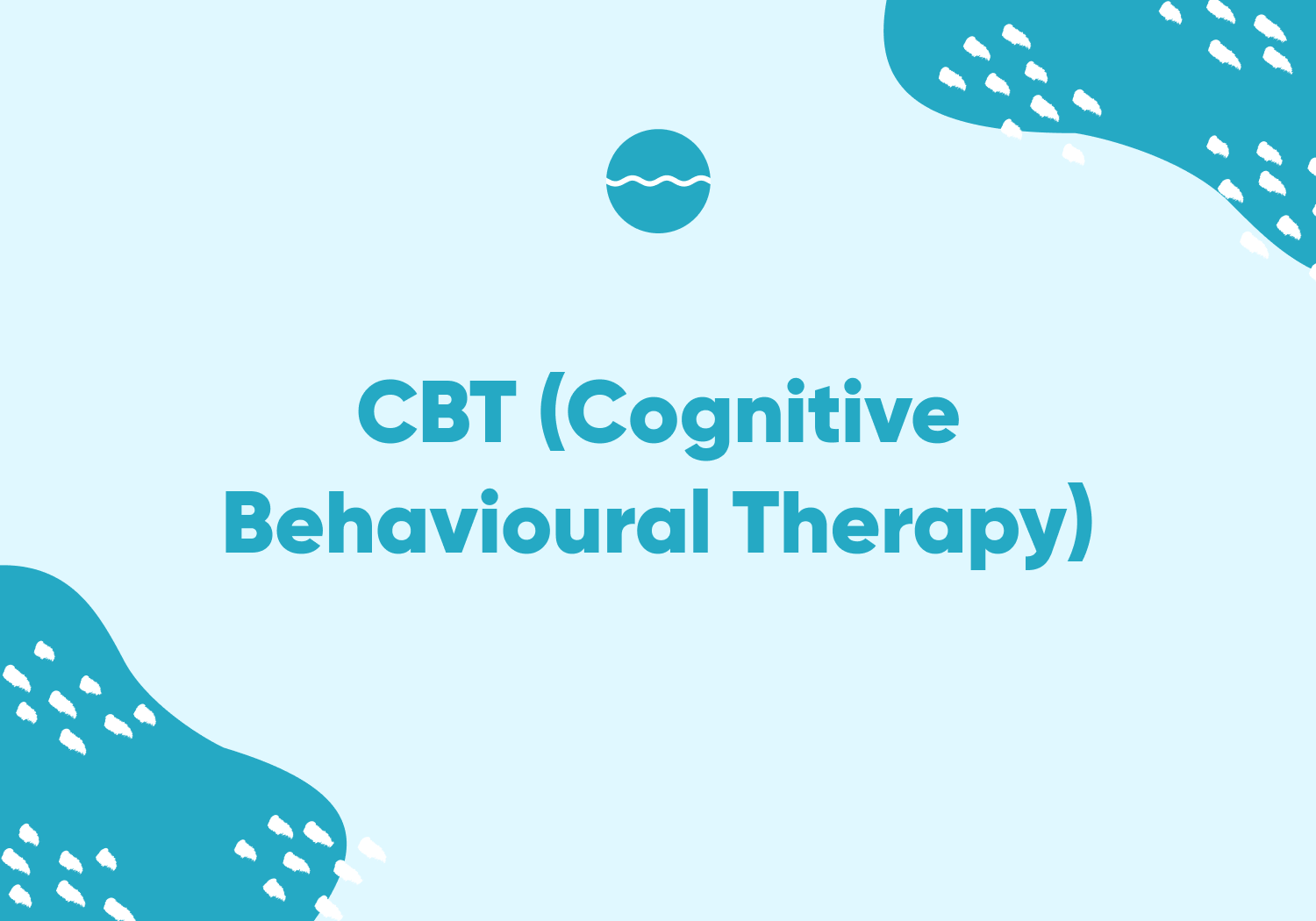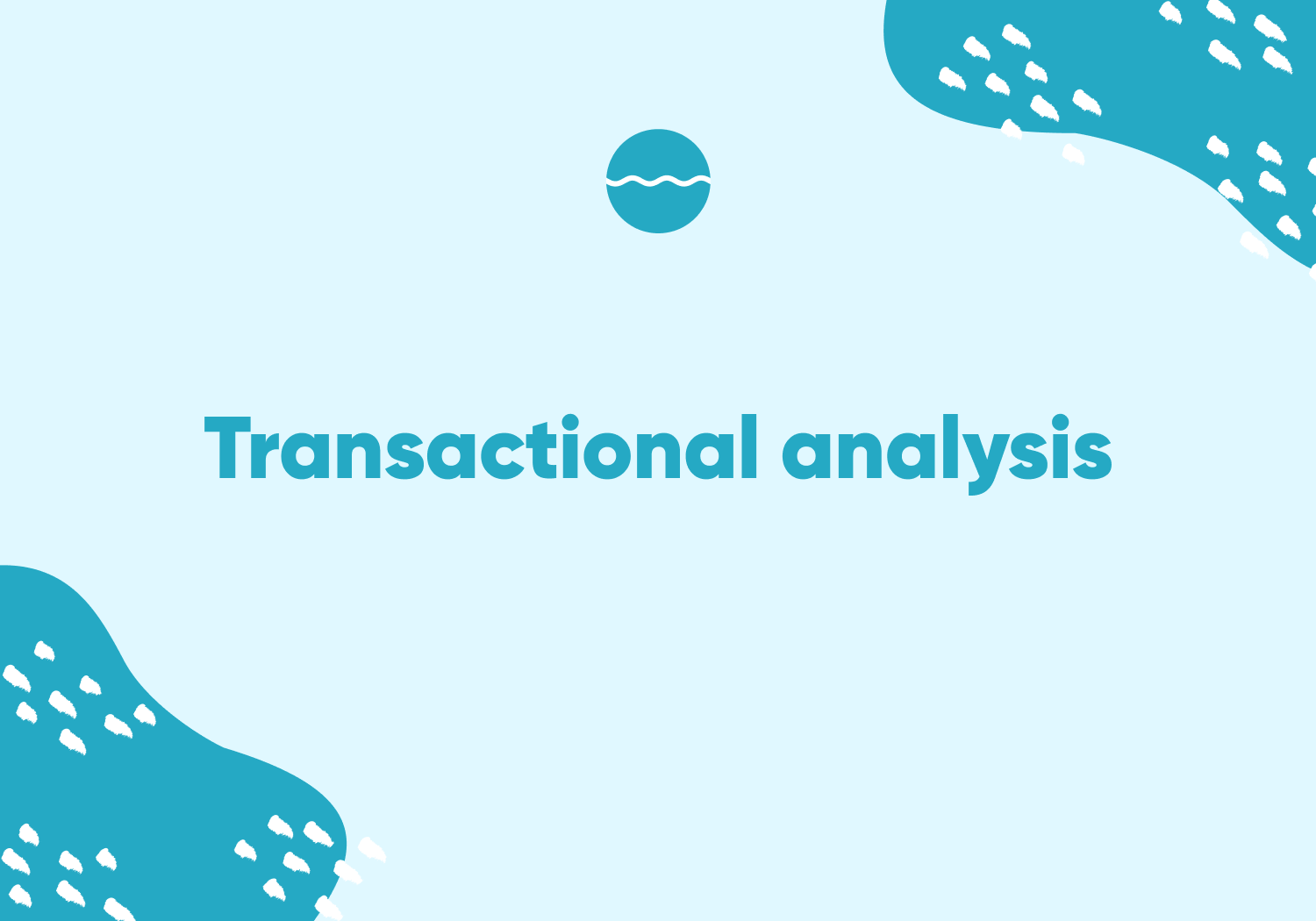CBT (Cognitive Behavioural Therapy)

You’ve probably heard the term CBT therapy more times than you can count in articles, on the news, or from friends. But what exactly is CBT, what does it involve, and is it really the magic solution it’s often made out to be? This article dives into it all so you can decide whether it’s right for you and get a better idea of what to expect before you even step into a session.
What is CBT? The Basics
CBT stands for Cognitive Behavioural Therapy. In short, it’s a type of talking therapy that focuses on the connection between your thoughts, feelings, and behaviours. The core idea is simple: the way you think affects the way you feel, and the way you feel affects the way you act. Change one, and you can change the others.
In other words, if you’re constantly telling yourself “I can’t handle this,” CBT helps you spot that thought, challenge it, and replace it with something more realistic which can improve your mood, reduce stress, and help you act differently. It’s about taking a behavioural approach to psychological challenges, combining mental exercises with practical actions.
How Does CBT Work? Key Concepts
A CBT therapist or cognitive behavioural counsellor will guide you through a structured process that usually includes:
Identifying unhelpful thoughts and patterns
Challenging and reframing those thoughts
Trying out new behaviours and coping strategies
Tracking progress and reflecting on changes
This process often comes with homework. Yes, you read that right, CBT is not a passive therapy where you lie back and let the therapist do the work. You will be asked to keep thought records, track moods, and complete exercises between sessions. These CBT exercises are central to its effectiveness and help make the lessons stick in real life.
CBT techniques can vary depending on the problem you’re addressing. For anxiety, you might use CBT techniques like exposure exercises, relaxation strategies, or breathing techniques. For depression, you could work on challenging negative thinking patterns and scheduling pleasurable activities. CBT is also used for stress management, phobias, and even relationship issues.
Stages and Methods: What to Expect
Most CBT programs are short-term, typically lasting 6-20 sessions, although the exact length depends on your situation and goals. The sessions are structured and goal-focused each one has a clear agenda. The key elements of cognitive behavioural theory include:
Thoughts: Identifying distorted or unhelpful thinking
Feelings: Recognising how thoughts affect emotions
Behaviours: Noticing the actions that reinforce negative patterns
CBT methods can also involve group sessions, behavioural experiments, or exercises at home, depending on the therapist and the problem being treated. Some CBT therapists integrate mindfulness or relaxation techniques to enhance effectiveness.
Advantages of CBT: Why It’s So Popular
CBT is one of the most widely researched forms of psychotherapy for a reason. The advantages of CBT include:
Evidence-based: Many studies show it works for anxiety, depression, stress, and more.
Structured and goal-oriented: You know what you’re working on and why.
Short-term: Compared with long-term therapies, CBT often shows results faster.
Skills-focused: You learn practical strategies you can use long after therapy ends.
Flexible: Can be done individually, in groups, or even online.
People like CBT because it’s hands-on, practical, and makes sense, it feels like you’re learning tools to tackle your life instead of just talking about feelings endlessly.
Disadvantages of CBT: When It Might Not Be Ideal
Of course, CBT isn’t perfect. There are some disadvantages of CBT to consider:
Requires effort: If you’re not willing to do homework or practice exercises, it’s less effective.
Not always deep: CBT can sometimes focus on present problems and behaviours only and not always explore unconscious or childhood patterns in the same way psychodynamic therapy does.
May feel structured: Some people prefer free-flowing, open-ended therapy rather than a goal-oriented approach.
Emotional intensity: Confronting negative thoughts and trying new behaviours can feel uncomfortable at first.
Limited for complex trauma: People with long-term or complex trauma may need additional therapies alongside CBT.
So, while CBT is amazing, it’s not the perfect fit for everyone. The best therapy is the one that matches your personality, needs, and goals.
CBT Strategies and Techniques You Might Use
CBT uses a variety of techniques and strategies depending on the issue:
Cognitive restructuring: Challenging negative or distorted thoughts
Behavioural experiments: Testing beliefs in real-world situations
Exposure therapy: Facing fears gradually to reduce anxiety
Activity scheduling: Planning enjoyable or meaningful activities to combat depression
Relaxation and mindfulness exercises: Reducing stress and increasing awareness
Your CBT therapist might mix and match these strategies to suit your needs, often giving you CBT tips and homework exercises to practice between sessions.
Who Benefits From CBT?
CBT can help with a wide range of mental health issues. Common areas include:
Anxiety and panic disorders
Depression and low mood
Stress and burnout
Relationship or social challenges
Obsessive thoughts and behaviours
Phobias and fears
Sleep issues
It’s also used for people who want better coping strategies, more self-awareness, or a structured approach to problem-solving. CBT is generally suitable for adults, adolescents, and in some cases, children, often adapted by the behavioural therapist or psychologist to fit the age and situation.
Stages of CBT Therapy
A typical course of CBT involves:
Assessment and goal setting: Your therapist understands your problems and sets clear, achievable goals.
Identifying thought patterns: You explore unhelpful thoughts, beliefs, and behaviours.
Applying techniques: You practice strategies to challenge negative thinking and change behaviour.
Homework and exercises: You try new approaches in real life, outside sessions.
Review and maintenance: You evaluate progress, adjust strategies, and prepare to continue independently.
Why CBT is Important in the Modern Therapeutic Landscape
CBT works because it combines thinking and doing. Many therapies focus on talk alone, but CBT asks you to experiment in real life, track your progress, and take small, measurable steps toward change. Research consistently shows that CBT is effective, particularly for anxiety and depression, and it equips people with tools to prevent relapse. Unlike some therapies that feel theoretical, CBT feels practical, active, and empowering.
CBT Tips: How to Get the Most Out of Therapy
Be honest: Your therapist can’t help if you hide thoughts or behaviours.
Do the homework: Practice exercises between sessions.
Track progress: Keep a journal of thoughts, moods, and behaviours.
Ask questions: Understand why your therapist is suggesting certain strategies.
Be patient: Change takes time, even if CBT is structured and short-term.
Some examples of CBT exercises include keeping a thought diary, testing negative assumptions against reality, or planning small achievements to boost mood and confidence.
When Might CBT Be Right for You?
CBT is a great option if:
You want practical tools and strategies to manage thoughts, feelings, or behaviours.
You like structured, goal-oriented approaches.
You’re willing to put effort into exercises and homework.
You want results in a relatively short time.
It might be less suitable if you want to explore deep childhood experiences, need a very flexible, open-ended approach, or prefer more emotionally exploratory therapy.
How to Get CBT Therapy Through Pleso Therapy
If you’re interested in trying CBT therapy, the first step is finding a qualified CBT therapist who can guide you through the process. On our online therapy platform we have experienced therapists who offer online CBT counselling tailored to your needs. You can complete a quick online quiz to find the therapist best suited to your goals and start working through structured sessions, practical exercises, and personalised strategies from the comfort of home.
CBT may involve work, homework, and effort but the results can be life changing and long-lasting. With the right guidance, you can understand your thoughts, change unhelpful behaviours, and feel more in control of your life.

 Transactional Analysis: Understanding Your Inner States
Transactional Analysis: Understanding Your Inner States